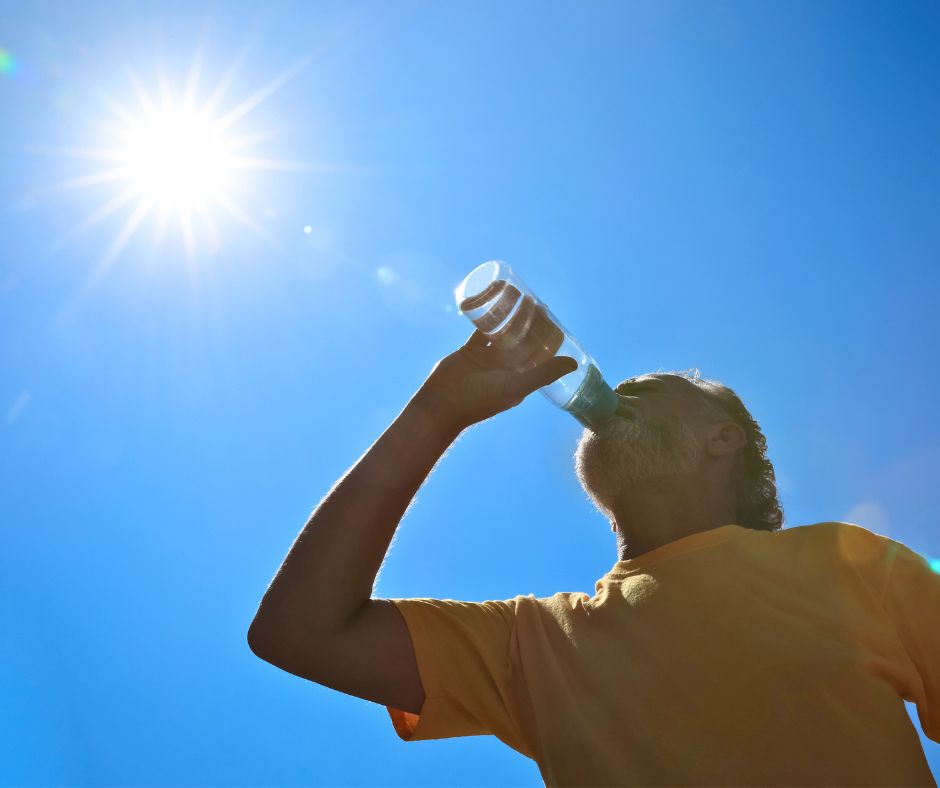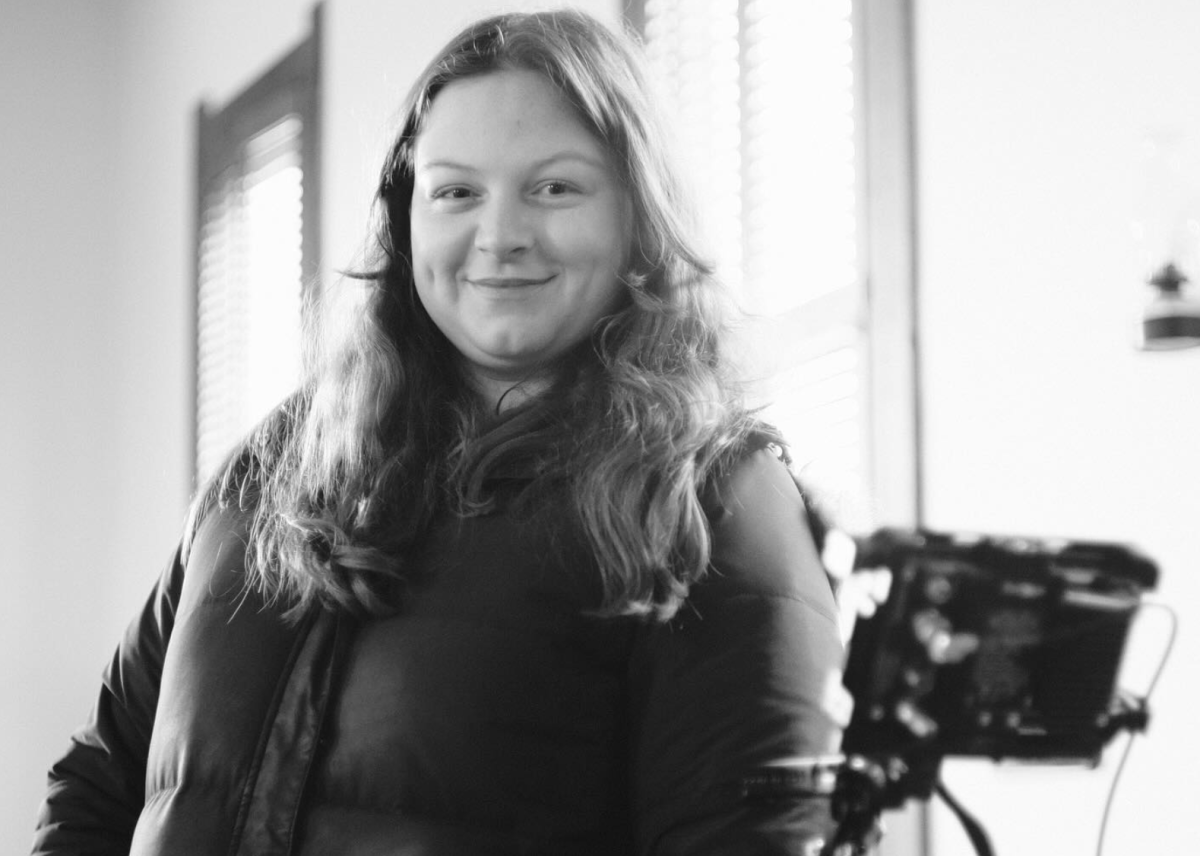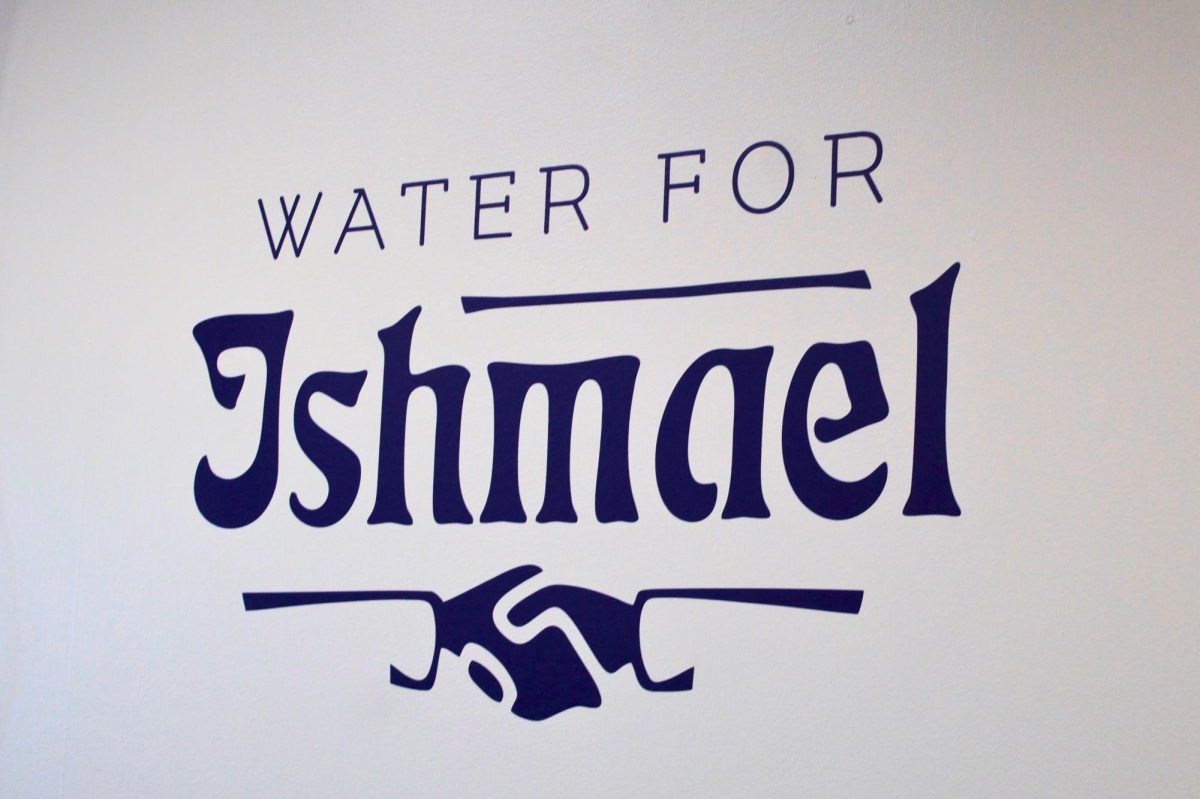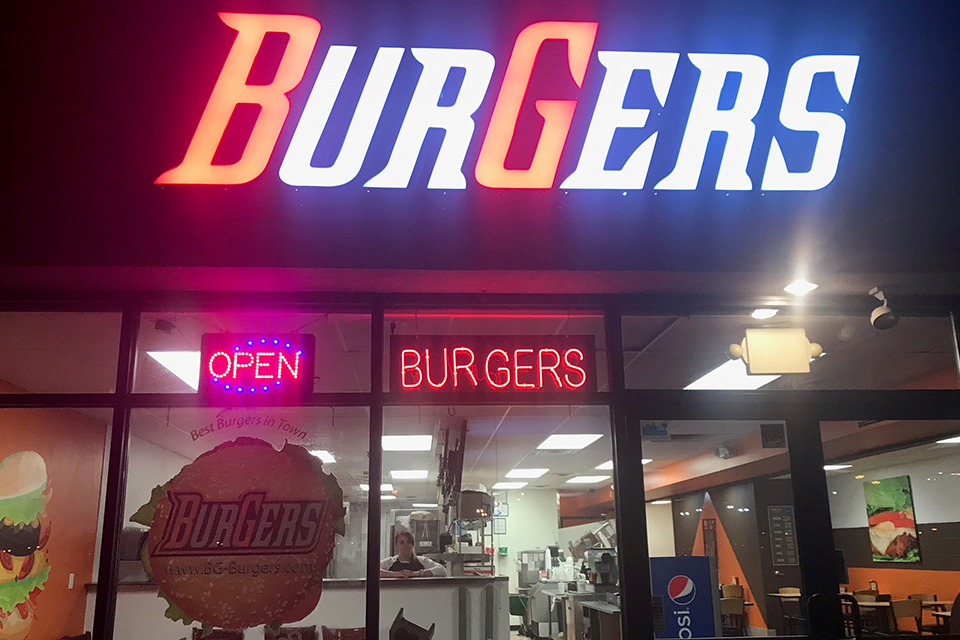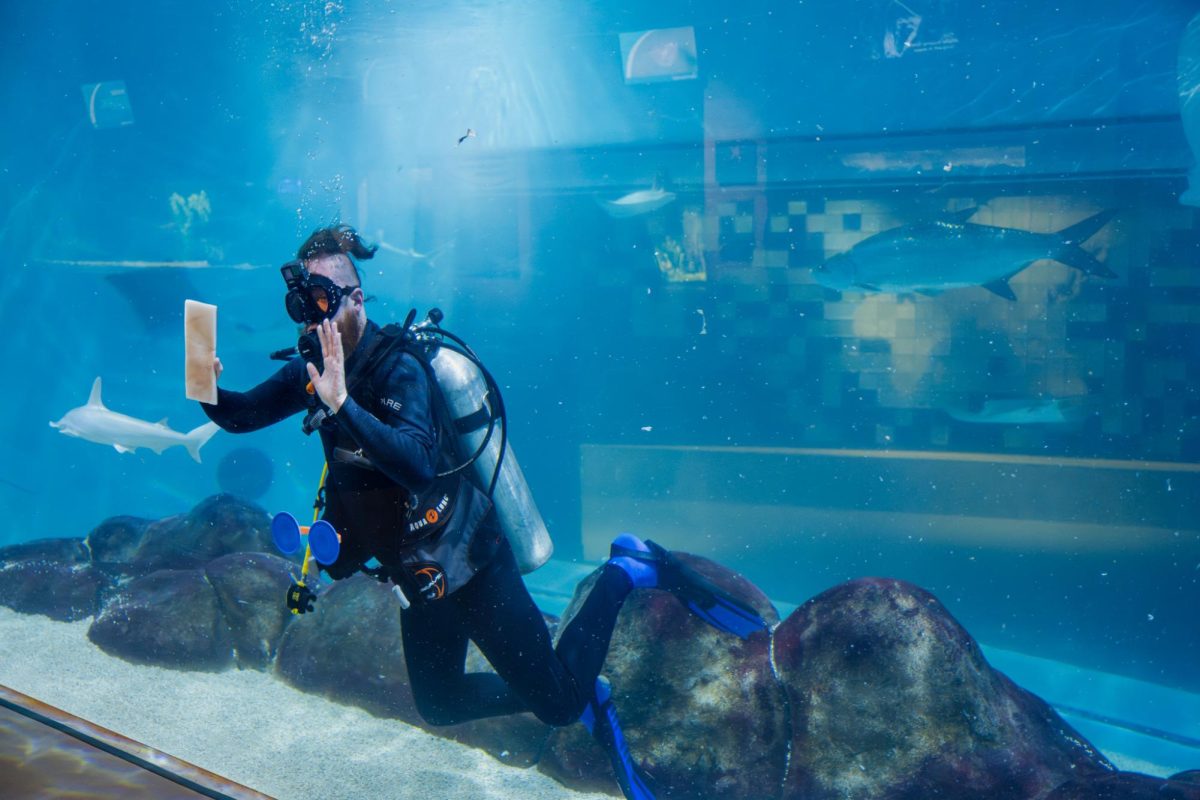Summer doesn’t officially start until Thursday but forecasts this week call for temperatures to at least come close to 100 degrees multiple times.
The National Weather Service forecast calls for a high near 99 today and highs near 97 tomorrow and Wednesday. NWS has only a slight chance of stray thunderstorms in the forecast but did issue a heat advisory for most of the week. The Weather Channel has a similar forecast, also calling for a high near 99 on Friday as well.
The Weather Channel’s long-range summer forecast calls for historic levels of heat across the country with the possible exception of the West Coast. Northwest Ohio is expected to be above average most of the summer but August is expected to see temperatures well above average.
Accuweather’s daily forecast calls for slightly lower temperatures, with highs Monday, Wednesday and Thursday at 97 and Friday at 89. The Accuweather forecast also calls for humid conditions, which will push “real feel” temperatures well into triple digits. The forecast also calls for “extreme” UV index (UVI) readings. According to the World Health Organization, the higher the UVI number, “the greater the potential for damage to the skin and eye, and the less time it takes for harm to occur.”
The Ready.gov website offers resources for dealing with excessive heat, including identifying the signs of heat stroke:
-
- Extremely high body temperature (above 103 degrees F) taken orally
- Red, hot and dry skin with no sweat
- Rapid, strong pulse
- Dizziness, confusion or unconsciousness
- If you suspect heat stroke, call 9-1-1 or get the person to a hospital immediately. Cool down with whatever methods are available until medical help arrives. Do not give the person anything to drink.
The National Weather Service offers this guidance for dealing with excessive heat:
Outdoor activities
- Slow down. Reduce, eliminate or reschedule strenuous activities until the coolest time of the day. Those particularly vulnerable to heat such as children, infants, older adults (especially those who have preexisting diseases, take certain medications, living alone or with limited mobility), those with chronic medical conditions, and pregnant women should stay in the coolest available place, not necessarily indoors.
- Dress for summer. Wear lightweight, loose fitting, light-colored clothing to reflect heat and sunlight.
- Minimize direct exposure to the sun. Sunburn reduces your body’s ability to dissipate heat.
Eating and Drinking
- Eat light, cool, easy-to-digest foods such as fruit or salads. If you pack food, put it in a cooler or carry an ice pack. Don’t leave it sitting in the sun. Meats and dairy products can spoil quickly in hot weather.
- Drink plenty of water (not very cold), non-alcoholic and decaffeinated fluids, even if you don’t feel thirsty. If you are on a fluid-restrictive diet or have a problem with fluid retention, consult a physician before increasing consumption of fluids.
- Do not take salt tablets unless specified by a physician.
Cooling Down
- Use air conditioners or spend time in air-conditioned locations such as malls and libraries.
- Use portable electric fans to exhaust hot air from rooms or draw in cooler air.
- Do not direct the flow of portable electric fans toward yourself when room temperature is hotter than 90°F. The dry blowing air will dehydrate you faster, endangering your health.
- Take a cool bath or shower.


